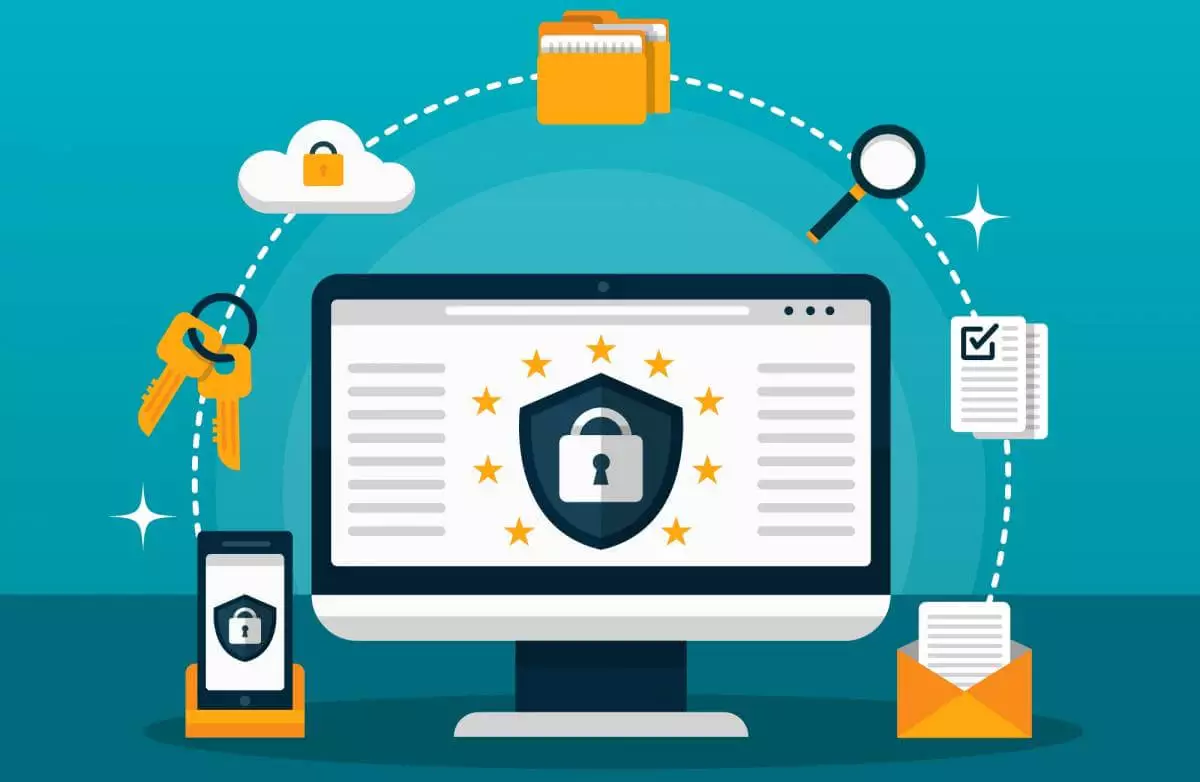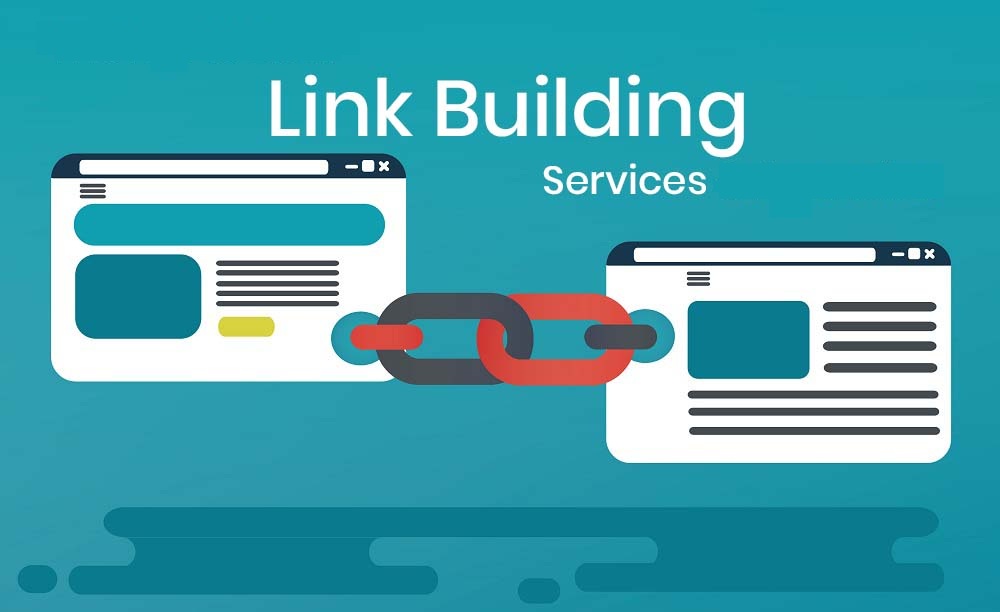The internet has changed our lives, making it easier to interact with others and get what we need. But, it’s not always secure. Even the most careful person can put themselves at risk of identity theft or other fraud.
Protecting your privacy on the Internet isn’t as hard as you might think. Here are a few simple things you can do that will help keep your information more secure.

Keep Your Software Up-To-Date
If you don’t enable automatic updates on your computer and phone, be sure to update your software manually whenever an update is available. Updates often include security improvements and other important patches to secure your data.
Use a VPN
A virtual private network, widely known as a VPN, allows you to send data securely between two computers across a public or shared network. It’s especially useful when connecting to a public Wi-Fi network, which is less secure than private connections such as those in your home, business, or school.
Ensure That You Use A Password Manager
Use a password manager web app to create unique passwords for each website you visit. With password managers, it is easy to use strong passwords without having to remember them. They store your passwords in an encrypted database that syncs between your devices. You can configure them to automatically log into websites and fill in your personal information.
Choose Strong Passwords
Strong passwords are long and contain numbers, letters, symbols, and spaces. They should also be unique for each account, so don’t use the same password for everything you do online. If you have trouble keeping track of your passwords, consider using a password manager to generate and store them for you.
Use social media with caution. Never click “remember me” when logging into a website from a public computer or a shared computer. Avoid giving out personal information such as your bank account number, social security number, and home address.

Frank Partnoy is a tech blogger who loves to share his thoughts about the latest gadgets and technology. He loves everything from smartphones, laptops, tablets and more!













